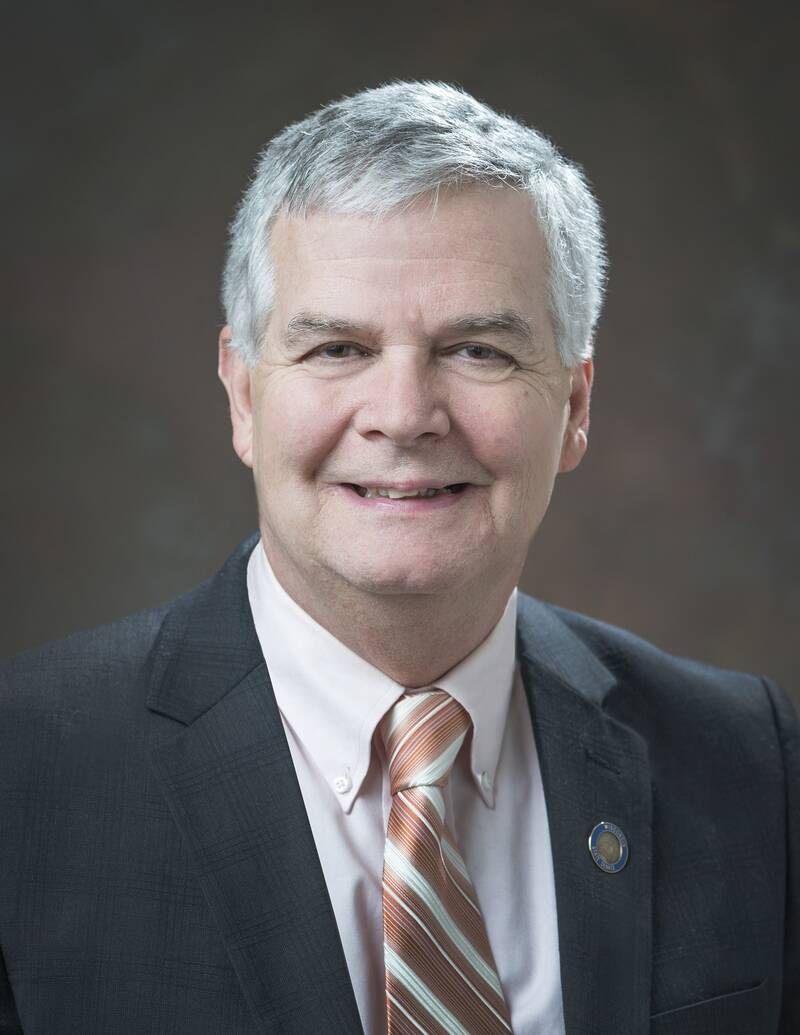Last week, Governor Tony Evers assigned homework for the Legislature to accomplish in the new year. Governor Evers urged bipartisan cooperation to tackle some of the most pressing issues in our state and create solutions Wisconsinites support to close the dark store loophole, lower insulin costs, protect our water, address homelessness and more.
In his letter, Governor Evers also highlighted an issue that happens far too often, but gets very little attention: surprise medical billing. With only a few more session days left for legislators to debate and vote on legislation, we must prioritize the issues impacting Wisconsinites across the state together to make our state better for all.
Surprise medical billing incidents occur more than you’d think. If you or someone you know hasn’t dealt with surprise medical bills, imagine this: you’re a patient scheduled for a necessary procedure. You know your doctor and the clinic or hospital is in your network, so you don’t think twice about it. Everything goes smoothly, you recover nicely and all is well. But then you get a bill months later, which may be thousands of dollars that you didn’t expect.
It doesn’t make sense because you have insurance and visited the same doctor and clinic you’ve been to in the past. After calling to get answers, you’re told the anesthesiologist was out-of-network and their insurance doesn’t cover that portion of the procedure.
Surprise medical billing causes major problems for people like us who live within ordinary means. Suddenly a family is facing extreme financial stress while considering how to pay for expensive unplanned medical bills.
In fact, something similar happened to me many years ago. When my children were young, I made a skate rink for them in front of our house. One day, I slipped while spraying the last layer of ice. One leg bent unnaturally and caused excruciating pain. After crawling to the house and hoping to recover on my own, I visited my doctor. The doctor insisted I needed an MRI to find out what happened to my knee. Since the machine at my usual clinic was unavailable, I was referred to another clinic for the exam.
Months later, after I had the MRI, I received a shocking bill and learned I would have to pay out-of-pocket because I was sent to another clinic.
I know, personally, the impact of surprise billing and how devastating it can be. When you’re facing an already stressful health emergency, you shouldn’t be expected to worry if a physician is covered by your insurance or any other hidden costs are involved in your care. All a person wants when sick or in pain is to get the help they need and feel better again – paying an expensive medical bill makes it extremely difficult for an individual to recover quickly and comfortably.
Surprise medical billing affects many of us. Policymakers on the state and federal level have been working in search of solutions to prevent these practices. Throughout this session, I’ve worked with Representative Debra Kolste (D – Janesville) and Senator Luther Olsen (R – Ripon) to find a solution for Wisconsinites to relieve the stress and financial burden associated with surprise billing.
We’ve consulted with many stakeholders, including non-partisan policy experts, advocacy groups and graduate students at the UW School of Law and the UW School of Medicine and Public Health to establish a meaningful solution to protect patients from surprise bills. We need to be sure we get this right.
Today, Governor Evers delivers the State of the State address when he will announce the top priorities for 2020 and the remainder of this session. While I listen to his speech, I’ll reflect on all of the constructive policy work we’ve carried out this session and keep considering ways I can work with my colleagues to push substantial healthcare policy proposals forward.



Add new comment